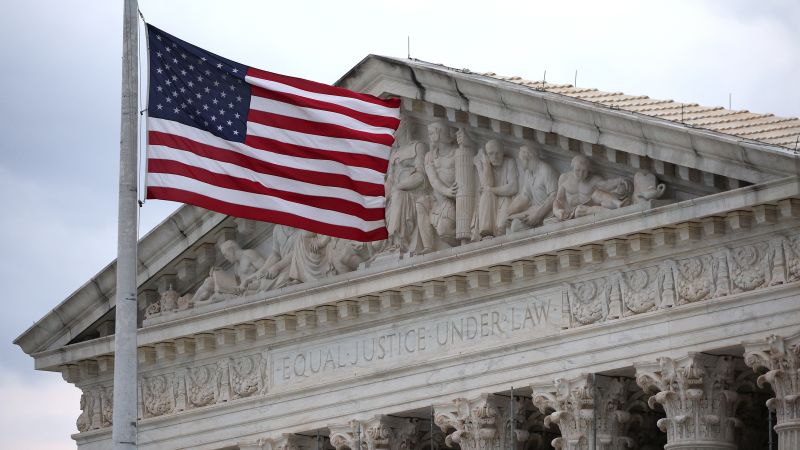On Thursday, the Supreme Court made a significant ruling that has far-reaching implications for reproductive health services and the operations of Planned Parenthood in the United States. The decision blocked Planned Parenthood from pursuing legal action against the state of South Carolina due to the state’s choice to withdraw Medicaid funding from the organization. The underlying reason for this funding cuts is Planned Parenthood’s provision of abortion services, which has positioned the organization at the forefront of political and legal battles regarding reproductive rights.
This legal ruling is particularly concerning as it has the potential to inspire similar actions in other states that align with the conservative approach to reproductive health. As more red states may adopt similar measures targeted at Planned Parenthood, the implications could prove detrimental for the many individuals who rely on Medicaid-funded healthcare services provided by the organization. By limiting the funding, the ruling not only threatens the operational capabilities of Planned Parenthood but also restricts the medical choices available to Americans enrolled in the Medicaid program. This can constrain their ability to select their healthcare providers, significantly altering access to essential reproductive health services.
The Supreme Court’s ruling continues a troubling trend for Planned Parenthood and its supporters. This decision marks yet another setback for the organization amid a broader rightward shift in the judicial landscape. Particularly, this comes on the heels of the landmark ruling that overturned Roe v. Wade, a decision that effectively dismantled the constitutional right to abortion that had been protected for nearly five decades. Although the case itself did not directly address abortion rights, the outcome inherently jeopardizes the funding streams for organizations that are critical in providing reproductive healthcare, primarily because many of these services are interlinked with abortion access.
The ruling raises vital questions regarding the future of reproductive healthcare in the United States. With Medicaid being a crucial lifeline for low-income individuals requiring medical services, this decision could set a precedent that not only impacts Planned Parenthood but also other healthcare providers who offer similar reproductive health services. The ripple effects of this decision can be particularly alarming, as they could lead to an environment where states feel empowered to further restrict access to essential health services, potentially endangering the health and wellbeing of countless individuals.
Given the current political climate, this case exemplifies how legal decisions can perpetuate ongoing battles over reproductive rights and the nature of healthcare accessibility in the United States. The ability for individuals to access comprehensive healthcare is at stake, and the ramifications of this ruling are likely to continue unfolding in the coming months as more states potentially follow South Carolina’s lead. Those who support reproductive rights and healthcare equity are left to ponder how to navigate the increasingly complex landscape that this Supreme Court decision has created.
In conclusion, as this story unfolds, it remains vital for advocates on both sides of the reproductive rights debate to engage with the intricacies presented by this ruling. The consequences for Planned Parenthood, Medicaid beneficiaries, and the broader healthcare system could prove to be profound, demanding a critical examination of the interplay between state policies and access to reproductive health services. The ongoing developments will likely provoke further discussion and advocacy efforts as stakeholders assess the implications for the future of healthcare in the nation. The case not only presents immediate challenges but also signals a potential shift in how reproductive health is treated under the law, necessitating vigilance and proactive responses from those invested in ensuring equitable healthcare access for all.











